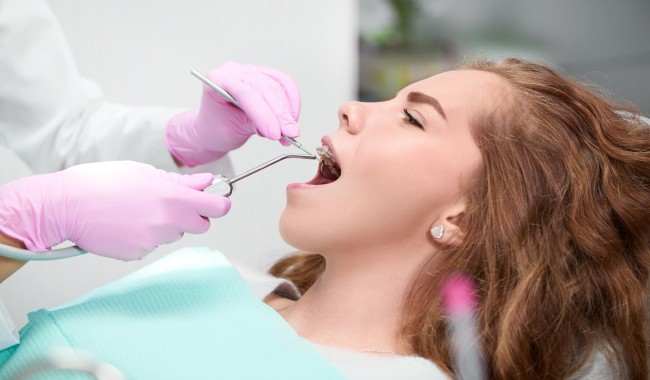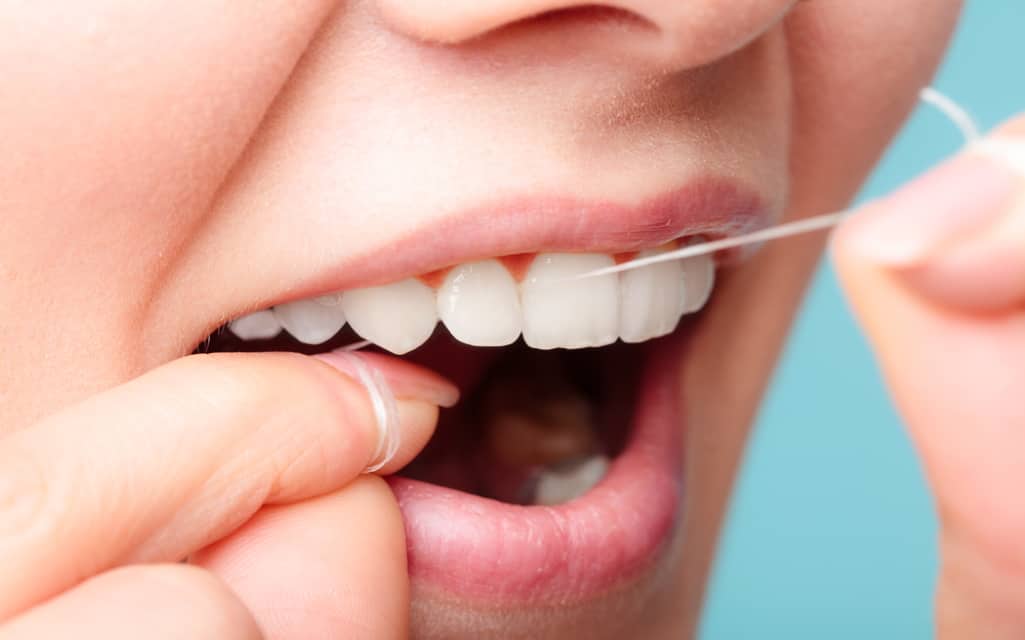Having healthy teeth and mouth does not only make you look more attractive, but it also has a string of other great benefits that could do you good as you grow older. There are many people who lose their teeth earlier than they should, which brings discomfort, especially when eating. So, if you don’t want to always stop yourself from smiling and showing off your teeth at social gatherings or when someone is taking a photo of you, here are some helpful oral hygiene tips on how you can keep your mouth and teeth healthy.
1. Brush your mouth at least twice a day.
When you were younger, way too many times you probably heard your elders and teachers telling you to brush your teeth properly. But, despite that, you could still be doing it the wrong way. You think that as long as you’ve brushed your teeth, that’s already enough. However, it isn’t really the case.
The way to brush the teeth properly is to angle the bristles at 45 degrees near your gum line. By doing this, the bristles will be touching both the teeth and the gum line. Start brushing with an upward and downward motion, and continue by steering the brush side to side.
When you’re done brushing your teeth, you also need to brush the roof of your mouth as well as your tongue. Do this at least twice a day to have healthier mouth and teeth.
The dentists in Marlborough MA also add that you shouldn’t brush your teeth right away after eating. Your mouth becomes acidic when you eat and this weakens your teeth’s enamel. Brushing immediately will strip the enamel off of your teeth, leaving them susceptible to bacteria. Therefore, it’s recommended to wait for at least 30 minutes before brushing your teeth.
2. Floss regularly and properly.
Many people think that brushing their teeth and mouth alone gets the job done. It certainly doesn’t. The teeth are so close to each other that brushing alone will not thoroughly clean the spaces between them. Sometimes, you don’t see it, but there are food residue and other substances that are stuck between your teeth, and these can cause cavities to form. There are also rare cases wherein these unwanted elements can lead to gum disease.
The proper way to floss is to use at least an 18-inch floss so that every time you move on to the next tooth, you will be using a fresh area of the floss. A shorter floss will force you to use an already used area, which might already contain bacteria that you have removed from the other tooth. Also, it’s important to rub the floss against your tooth until it creates a “C” shape.
3. Choose a toothpaste that contains fluoride.
There are different types of toothpaste. Some focus on better flavor, others on whitening, and some on addressing sensitivity. There are many other types; you could choose whichever one you like as long as that type contains fluoride.
Fluoride prevents tooth decay. It fights germs that cause decay in the teeth by creating a barrier that helps protect the teeth from these germs. Also, make sure that the toothpaste you choose has a seal of acceptance. This means that the product has adhered to the manufacturing regulations and is suitable to its target consumers.

4. Use mouthwash.
Even after you’ve finished brushing and flossing, there are still parts of the mouth that you have not reached. Mouthwash will clean these areas that are unreachable by a brush and a floss. Using mouthwash also prevents gingivitis, an inflammation of the gums due to bacteria or plaque that have accumulated on the teeth. When gingivitis is left untreated, it can lead to periodontitis, which is a type of gum infection that damages the soft tissue and the bone that is supporting the tooth. This could result in tooth loss.
5. Visit your dentist regularly.
Many people only visit their Wheat Ridge dentist when there’s something wrong with their teeth or when they feel severe pain. When these things are not felt, you simply ignore your dentist’s appointment. It’s important to realize that the teeth could have cavities that cannot be removed no matter how many times you brush, floss, and use mouthwash.
A visit to the dentist at least twice a year will prevent more damage to the teeth, and find possible solutions for your current tooth problems. The dentist can also clean your teeth thoroughly and rid it of cavities.
Conclusion
When you are young, you take oral health for granted. However, you need to know that oral care needs to start very early in life. If you have not been doing that, it’s not too late. If you have cavities, they can still be remedied by visiting your dentist and practicing good oral hygiene from now on. When you are older, without some of your teeth, eating will no longer be comfortable and enjoyable. Also, bacteria in the mouth can lead to all sorts of health diseases, such as heart disease.



